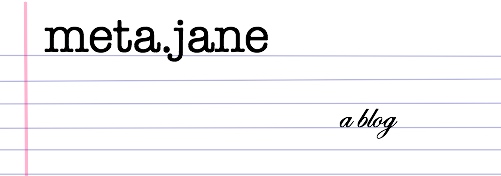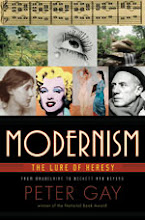"Main-stream literary culture" is problematic. What I am trying to suggest is that litblogging is not strictly "academic." For example, there are very few posts which would discuss extremely esoteric topics in literary theory, the way many academic articles do. Instead, they tend to focus on a more current literary culture - a New York Times Book Review kind of culture, which yes, I do believe pre-dates the blog in non-academic journalism...
But at the same time, blogging has an element of counter-culture that I need to account for. Any thoughts? I'll keep thinking.
Someone suggested that the ability to comment is very important, so I'll be adding that in.


